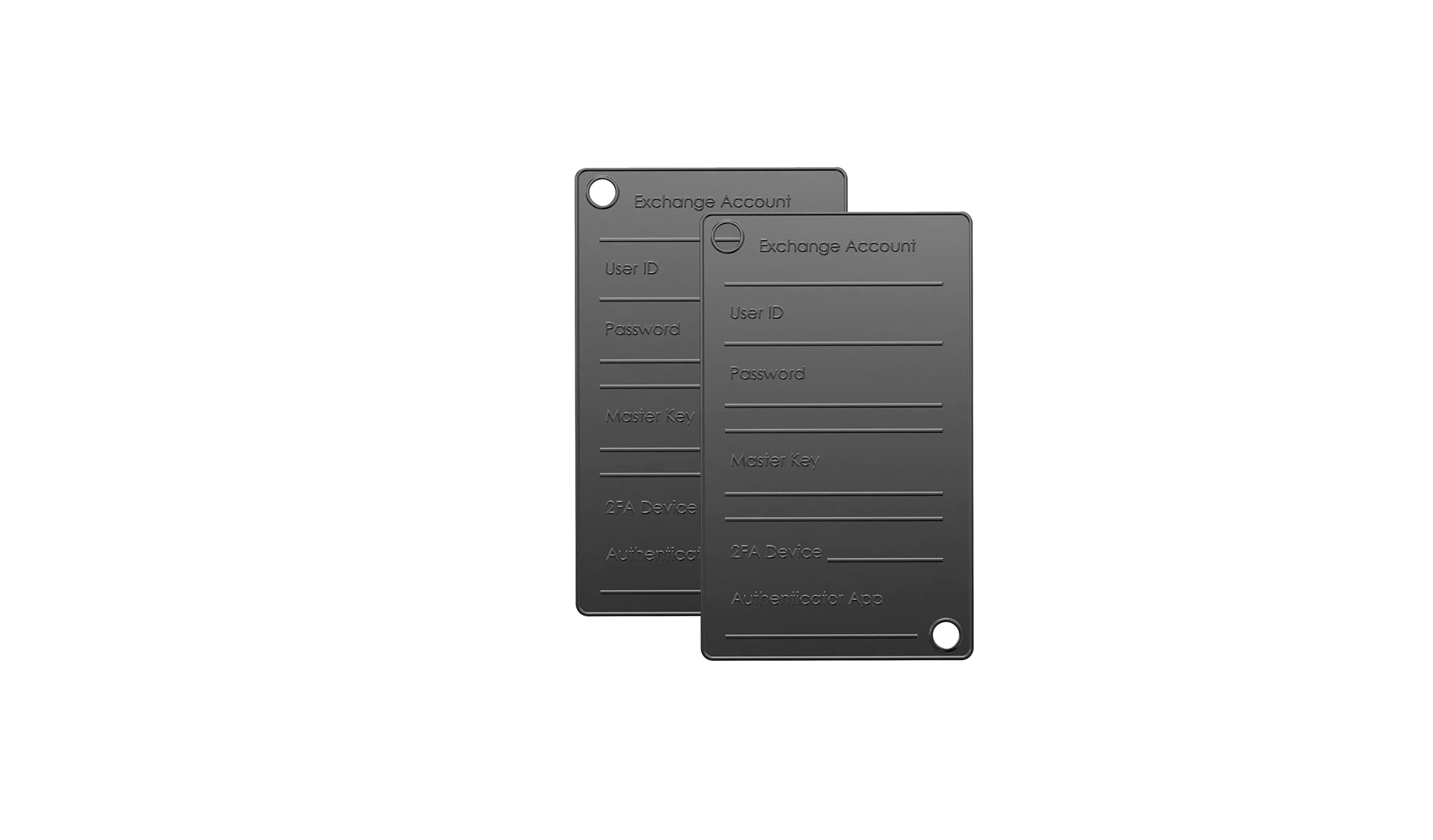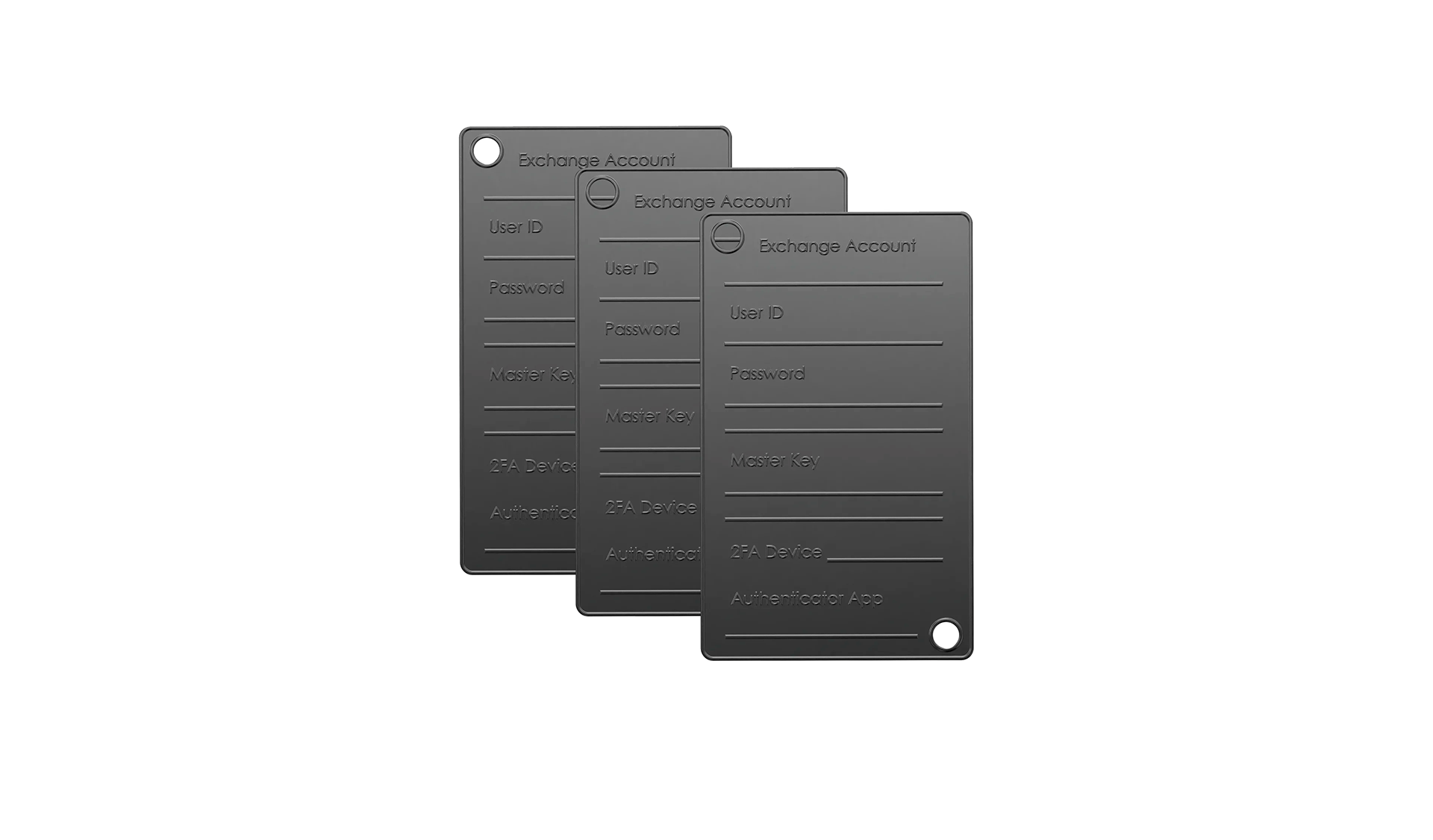In the process of generating cryptocurrency addresses and conducting transactions, there are two types of keys involved: the public key and the private key.
- Private Key: The private key is derived from your seed phrase and is a closely guarded secret. It is used to sign cryptocurrency transactions securely. Without the private key, you cannot access or spend the funds associated with a specific address.
- Public Key: The public key is indeed a part of the process, but it is often derived from the private key. The public key is associated with a cryptocurrency address. It's used to create a digital signature when you make a transaction. However, in many blockchain systems, the public key is not explicitly included in the transaction data to enhance privacy and security.
Detailed breakdown:
- Your seed phrase generates a master private key.
- From the master private key, a hierarchy of derived private keys is created for various cryptocurrency addresses.
- Each derived private key corresponds to a derived public key and its associated cryptocurrency address.
- When you initiate a transaction, your wallet software uses the private key (derived from the seed phrase) to sign the transaction.
- The public key is used within this signing process but is not typically broadcast to the blockchain network as part of the transaction data.
So, while the public key is an essential component in the process, it is often managed internally by the wallet software and may not be explicitly included in the transaction data for privacy and security reasons.






















